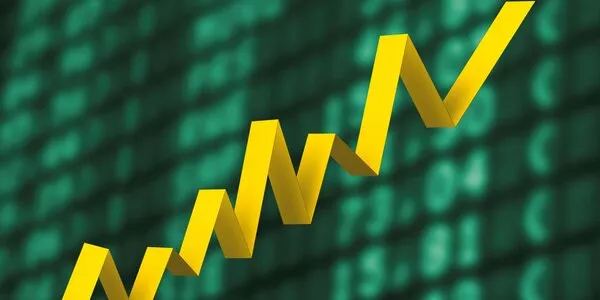
Weekly Update - The ECB is holding (at last)
After ten consecutive rate hikes, raising rates by 450 bp in 14 months, the European Central Bank has finally taken a breather. The decision was motivated by softer inflation and a clear downward trend in credit growth. The decision was widely expected, and was no doubt made all the easier by the current market uncertainty. However, ECB President Christine Lagarde was quick to stress that any talk of rate cut would be premature.
The ECB met amidst ongoing market jitters this week. US bond yields continue to be driven upward by the combination of a still robust US economy and concerns related to the financing of the public sector deficit. 10-year Treasury yields have risen by around 100 bp since the beginning of July and, despite the less resilient European economy, euro area bond yields have been dragged up in their wake, rising by nearly 50 bp since July. Meanwhile geopolitics is adding to market nerves, although so far, we have seen no clear movement suggesting a collapse in confidence.
Credit channel transmission mechanism working fine. Bank lending data published in the days before the central bank meeting showed corporate and household credit continued to decline in September. Moreover, the euro area bank lending survey showed lending conditions tightened further in Q3 and demand continued to weaken. All of which is music to the ECB's ears, suggesting the recent rate increases have been sufficient to suppress lending, which remains the main monetary transmission channel into the real economy.
The ECB decides to pause. The European Central Bank decided to keep its key interest rates on hold, ending a sequence of ten straight rises since July 2022. This leaves the deposit rate at 4% and the repo rate at 4.50%, both 450 bp higher than at the start of the cycle in July 2022. The ECB president was quick to highlight, however, that a pause did not mean they were ruling out any further rate rise – monetary policy is now on data dependency mode. She added that it is totally be premature not only to cut rates but even to discuss a cut. Rates are therefore likely to stay elevated for some time given that inflation still looks too high.
Tools to combat fragmentation. The ECB will also continue to run down its balance sheet at the same pace. There were no new announcements and no discussion on reinvesting securities bought under the pandemic-era PEPP program. President Lagarde did however note that the ECB had a range of tools to prevent fragmentation – i.e. excessive widening of sovereign rate spreads – with the flexibility of the PEPP as the instrument of first resort.
In this week's highlights, we've chosen to focus on US GDP growth figures for Q3 2023 and third-quarter results from US and European companies.




